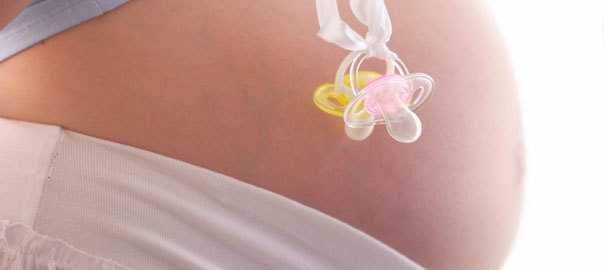Newly released research published in the Lancet has raised concerns for iodine levels in respect of pregnancy and how this also may affect the baby’s future neural development. There has been ongoing concern for iodine deficiency in the population of various countries worldwide and this includes the UK. As Iodine cannot be stored by the body for a long period it must be obtained regularly via the diet. Amongst various recognised functions Iodine contributes to normal cognitive function and contributes to normal functioning of the nervous system.
The NHS website gives an overview of Iodine (link below): “Iodine helps make the thyroid hormones. These hormones help keep cells and the metabolic rate healthy. Good food sources include sea fish and shellfish, plant foods such as cereals and grains, but the levels vary depending on the amount of iodine in the soil where the plants are grown. In the UK, iodine is also found in cows’ milk, although levels can vary depending on what the cows are fed”.
The NHS also advises on the recommended daily needs for Iodine and makes the comment “Most people should be able to get all the iodine they need by eating a varied and balanced diet. However, if you are pregnant, you may need to take iodine supplements. This is because an iodine deficiency during pregnancy can harm the development of your baby.” Indeed The World Health Organization recommends that pregnant and breastfeeding women consume 250 micrograms of iodine a day.
The study published in The Lancet involved some 1000 UK mothers (living in the Avon district) and their children, and revealed that iodine deficiency in pregnancy may have an adverse effect on children’s mental development. Naturally the research was widely reported on in the mainstream media; for example: “Children born to women deficient in the mineral (Iodine) are 60 per cent more likely to have low IQ scores” (Daily Mail); “Baby’s mental development reduced where mother’s diet lacks iodine” (Guardian).
We provide various links to reputable summaries of the research below. The UK Science Media Centre included the following in its summary:
- Two-thirds of pregnant women in the Avon district of the UK during 1991/2 were under the WHO criteria for adequate iodine during pregnancy.
- Those children born to mothers below this limit of 150 μg/g showed demonstrably poorer cognitive function in a series of tests.
As dairy products are rich sources of iodine some mainstream media publications chose to focus on milk as the issue in respect of poor iodine intake for some women. “Organic milk contains less iodine than non-organic milk” (Daily Mail); “Drink milk to increase child’s IQ, pregnant women told” (Daily Telegraph). However many people are not ‘keen’ on dairy products or fish and shellfish, another rich source of iodine, for that matter.
Indeed the NHS Choices website in summarising the research comments “Dietary sources of iodine include dairy products and fish. Pregnant or breastfeeding women who are unable or unwilling to eat these types of iodine-rich dietary sources may need supplements. If you are pregnant or breastfeeding and are concerned about your iodine levels, speak to your GP or midwife before taking supplements. Supplements will not be suitable for every woman.”
One other food source that is rich in iodine is Kelp. Kelp is the name given to a whole variety of seaweeds and Kelp contains large amounts of organic iodine. Of course seaweed is extremely unlikely to feature in our diets however kelp supplements (generally in tablets or capsules) are popular for their iodine rich content.
Interestingly one doctor’s comment in respect of the Lancet research was for women not to take a kelp supplement as it is so rich in iodine and hence could cause an excess of iodine intake. When considering supplementing we always recommend you get the right advice to make sure what you are planning is right for you and in a suitable dose.
If you have any questions regarding Iodine, pregnancy or any other nutritional/ health matters please do contact me (Amanda) by phone or email at any time. I can also put you in touch with a nutritional practitioner in your area. Comments to this article are always very welcome – use the comments function further below.
Amanda Williams
Cytoplan
amanda@cytoplan.co.uk
01684 310099
Relevant Links:
The Lancet: Effect of inadequate iodine status in UK pregnant women on cognitive outcomes in their children: results from the Avon Longitudinal Study of Parents and Children (ALSPAC)
NHS Choices: Iodine
Science Media Centre: Iodine and Pregnancy (summary of research)
NHS Choices ‘behind the news’: NHS Choices – Could a mother’s lack of iodine harm her child’s IQ? (review of the research)
ICCIDD: The International Council for the Control of Iodine Deficiency Disorders



In light of this & the recommended daily intake for pregnant women being 250mcg, why does Cytoplan’s Pregna Plan only contain 76 mcg of Iodine?
I have been taking this pre-conception trusting in the quality & quantity of nutrients and now entering my second trimester i have another 5 months supply. I’m very concerned I’m deficient & jeopardising my baby’s health. I’ve looked around at other prenatals & they all seem to contain 150mcg of Iodine!
Please advise.
Thank you
Hi Thoraya, thank you for your comment. We have emailed you with further details. Best wishes, Abbey.